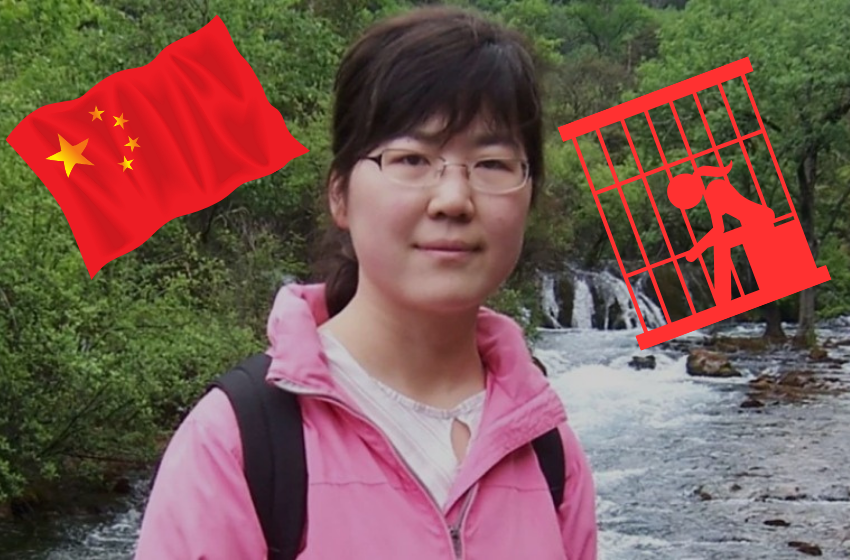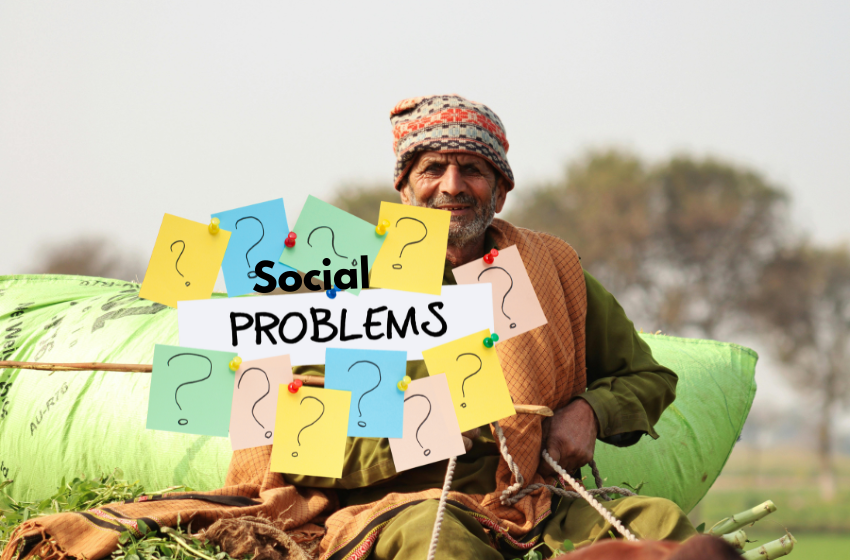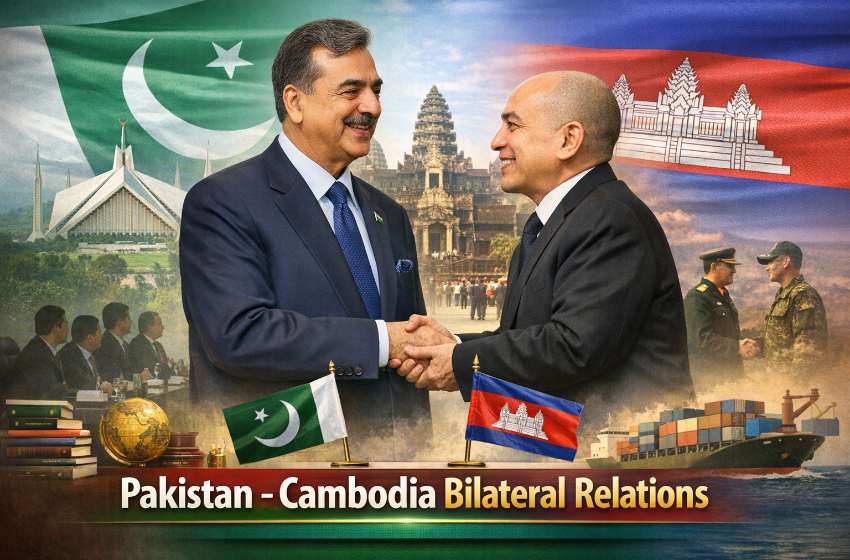
Chinese Journalist Zhang Zhan Gets Four-Year Jail Term
Chinese journalist Zhang Zhan, who became known for her bold reporting during the early days of COVID-19 in Wuhan, has once again been sentenced to prison. A court in China has handed her a four-year sentence under charges of “picking quarrels and provoking trouble.” This case of Zhang Zhan has drawn strong criticism from international media rights groups, who describe it as another example of China’s restrictions on press freedom.
Who Is Zhang Zhan?
Zhang Zhan is a 42-year-old former lawyer turned citizen journalist. She rose to international attention in 2020 when she documented the true conditions in Wuhan during the outbreak of COVID-19. At that time, she posted videos of overcrowded hospitals, empty streets, and distressed residents. Her reporting showed a much darker picture than the official government narrative.
Because of these reports, authorities arrested her in December 2020. She was accused of spreading false information and disturbing social order.
Her First Imprisonment
Zhang’s first imprisonment began in 2020. During her time in jail, she launched a hunger strike to protest against her arrest. According to her lawyers, prison authorities force-fed her through a tube to keep her alive, an act that raised serious concerns about her health and human rights.
She spent several months in harsh conditions before her release in May 2024. However, her freedom was short-lived. Within three months, police detained her again and moved her to Shanghai’s Pudong Detention Center, where she awaited her next trial.
The Latest Sentence of Chinese Journalist Zhang Zhan
In September 2025, Zhang Zhan received another four-year prison sentence. Reporters Without Borders (RSF) said this punishment came after her continued reporting on human rights violations in China.
Her former lawyer, Ren Quanniu, stated on social media that the accusations were based not on her reporting in China, but on her opinions published on foreign websites.
International Reactions
The new ruling has triggered strong reactions from international journalist groups.
Reporters Without Borders condemned the sentence and called it another attack on press freedom.
The Committee to Protect Journalists (CPJ) said that Zhang Zhan has now been punished twice under baseless charges. CPJ demanded that China drop all charges and release her immediately.
These organizations argue that Zhang’s imprisonment is part of a broader trend of tightening control on free speech in China.
Why Chinese Journalist Zhang Zhan’s Case Matters?
Zhang Zhan’s story is not just about one journalist—it represents the challenges faced by many reporters in China. Independent reporting, especially on sensitive issues like COVID-19 and human rights, often leads to surveillance, harassment, or imprisonment.
Her case highlights the struggle between state control of information and the public’s right to know the truth. It also shows how dangerous it can be for journalists who try to share stories that go against official narratives.
Human Rights Concerns
Zhang Zhan’s imprisonment raises wider human rights concerns. Rights groups say that charges like “picking quarrels” are often used in China to silence dissidents, activists, and journalists.
Her hunger strike, forced feeding, and repeated arrests reveal the physical and emotional cost of challenging authority in China. Critics argue that such punishments discourage others from speaking out, creating a culture of fear and censorship.
Calls for Her Release
International organizations, lawyers, and human rights defenders are calling for Zhang’s release. Many believe her imprisonment violates both press freedom and basic human rights.
The Committee to Protect Journalists summed it up by saying:
“This is the second time Zhang Zhan has faced an unjust trial. Chinese authorities must end this baseless case and release her immediately.”
Zhang Zhan Imprisonment becomes Symbol
The Zhang Zhan imprisonment case has become a symbol of the ongoing struggle for free expression in China. Her story reflects the risks faced by those who speak the truth, especially when it challenges official narratives.
While international groups continue to demand her freedom, Zhang remains behind bars, paying the price for her courage. Her case reminds the world that the fight for press freedom and human rights is far from over.









